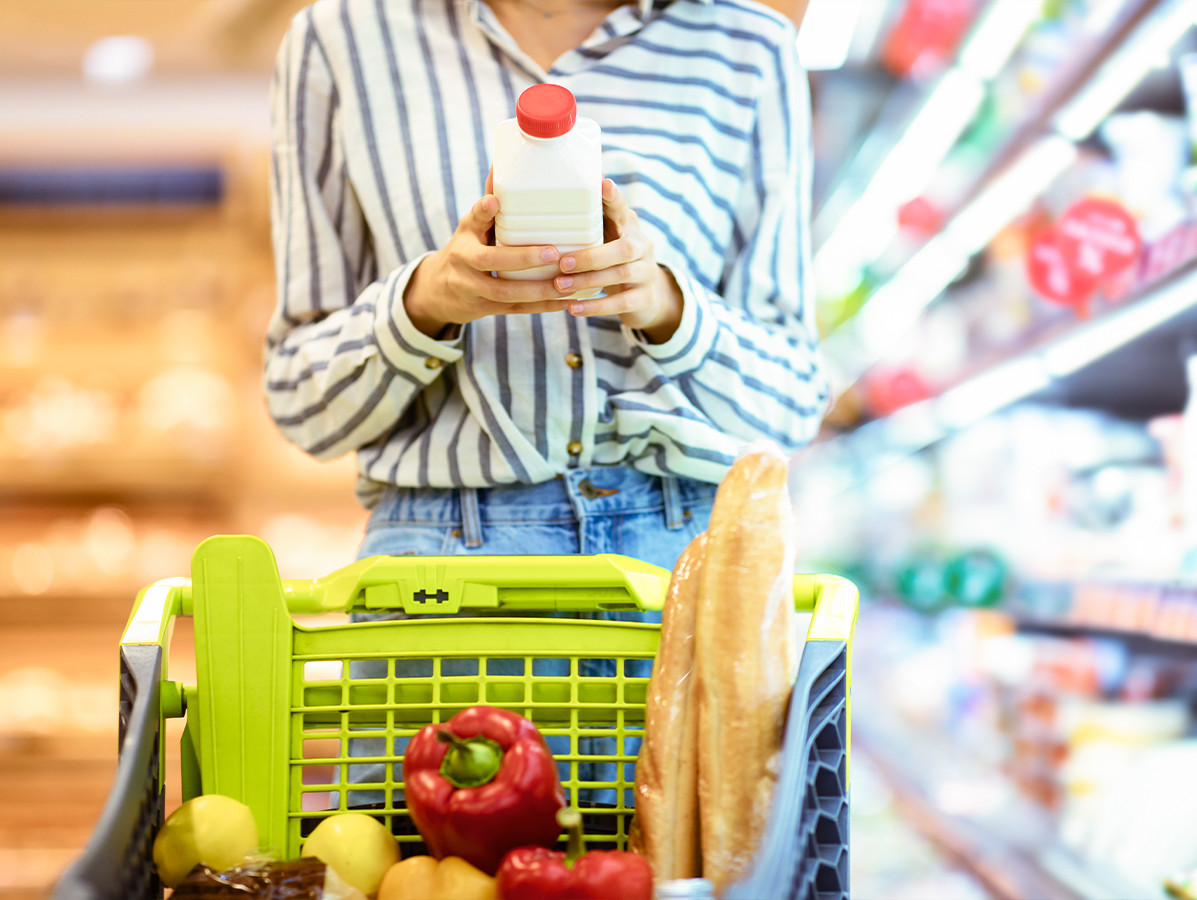
Consumers spent a total of €8.2 billion on animal, human and environmentally friendly products in 2020, an increase of 7% compared to 2019. The share of sustainable products in total food spending increased by 2% in that year. These figures have been published in the annual Sustainable Food Monitor of Wageningen University & Research. The Monitor is commissioned by the Ministry of Agriculture, Nature and Food Quality.
The total spending on food in the Netherlands fell by 9%, caused by the partial closure of restaurants and other catering services. Spending on sustainable food in the catering industry fell sharply by 46%, but the supermarkets were able to compensate for this decline: spending on sustainable food rose by 21% in this sector. Specialty shops for sustainable food showed an increase in turnover of 9%.
Consumers can recognise sustainable products by a quality label. The ‘Beter Leven’ (Better Life) quality label is the most widely sold, with a turnover of approximately €3.0 billion. This is followed by quality labels ‘Biologisch’ (Organic - €1.6 billion) and ‘UTZ Certified’ (approximately €1.4 billion).
The largest percentage increase was seen in products with the ‘On the Way to PlanetProof’ and ‘Rainforest Alliance’ labels (plus 41%). This is related to the introduction of more of these labels in the product range. ASC, the label for responsible fish farming, increased by 22% compared to 2019.
In 2020, almost all product groups with a sustainability label showed a net growth. Meat and meat products (€2,141 million, 3% growth compared to 2019), Long-life products, ready meals and other (€1,222 million, 17% growth) and Dairy (€1,095 million, plus 11%) were the product groups with the largest share of consumer spending on sustainable food in 2020.
Total expenditure on sustainable coffee and tea decreased by 19%. This decrease was caused by the restrictions in the catering industry due to COVID-19. The growth of the Coffee and tea product group in the other channels surveyed was not able to compensate for the loss in catering sales, although the product group still had the highest growth in supermarket sales: plus 34%.
View the ‘Monitor Duurzaam Voedsel 2020’ (Dutch only)
Wur.nl
Source: Wageningen University & Research